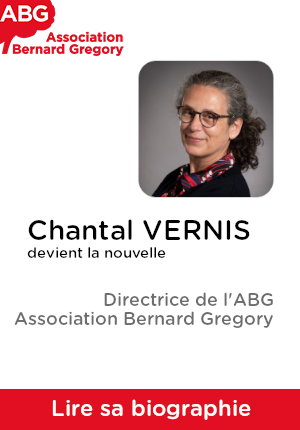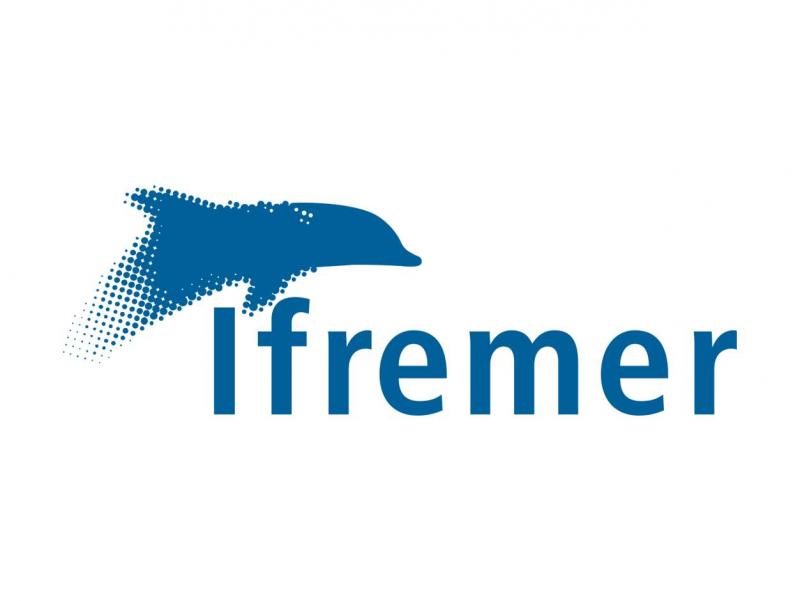PhD in Planetary Sciences (M/F) – Experimental approach to the 'hydrated silicates - organics' interaction: implications for the thermochemical evolution of icy moon core
| ABG-130315 | Sujet de Thèse | |
| 01/04/2025 | Contrat doctoral |
- Terre, univers, espace
Description du sujet
Organic molecules represent a significant fraction of the constituents of outer solar system objects. Along with silicates, they form a refractory core after the differentiation phase of larger objects such as Enceladus, Europa, Pluto, Titan, Ganymede, etc. The nature of these organic molecules was studied as part of Pauline Lévêque's thesis (Lévêque et al., 2024 & in preparation). The results show a condensation of the molecules towards PAHs (Polycyclic Aromatic Hydrocarbons) during the differentiation phase of these icy bodies. The next step is to study the reaction of these PAHs with hydrated silicates as the refractory core heats up, through the decay of radioactive elements and the tidal effect. The results of these experiments will make it possible to determine the as yet unknown evolution of silicates and organics under P-T-X conditions in these icy bodies. These data will be included in thermal evolution models already developed in the laboratory.
The main task of the thesis will be to determine experimentally the evolution of "hydrated silicate + organic matter" samples at P-T-X conditions in the mantles and rocky cores of the solar system's icy moons. The temperature range envisaged will extend up to 800ºC, a condition leading to the dehydration of silicates and the transformation of organic molecules into carbon. The experimental objectives will be to determine 1) the fate of volatiles (H2O, CO2, CH4, etc.) released by silicates and organic matter, 2) the nature of the mineral phases (silicates, carbonates) formed under these conditions, 3) the carbon balance at these conditions (formation of volatiles, carbonates, graphite), and 4) the reducing effect of organic matter on the iron present in the system (speciation, formation of native iron). The data acquired will be compared with geochemical models already used by the PROMISES project to constrain the evolution of mineralogical assemblages (Perple_X model) and organic molecules (VITRIMAT model).
The desired P-T conditions will be routinely produced at the LPG (Nantes) using the anvil cells and furnaces already available; these instruments enable optical and spectroscopic monitoring of microscopic samples (0.01 mg) during experiments. The PROMISES project has also developed a collaboration with ISTO (Orléans), which has autoclaves that bring capsules containing larger samples (10 mg) to similar P-T conditions; analysis of these larger samples is only possible at the end of the experiment, but gives access to more analytical techniques. This thesis will be based on methods tried and tested during the first years of the PROMISES project: 1) Raman and infrared spectroscopy (LPG Nantes) to identify single volatile species, ions and chemical groups in situ, 2) gas chromatography (LPG Nantes) to quantify the volatile species produced, 3) X-ray diffraction (ESRF Grenoble) to identify mineral phases, and 4) mass spectroscopy to analyze the composition of organic molecules. Depending on the opportunities available, other spectroscopic techniques (mass, Mössbauer, X-ray) will be explored to improve the characterization of silicates and iron.
This work is part of the ERC PROMISES project. The data produced will be used to interpret observations from the James Webb Telescope, and to prepare for the interpretation of future observations from the ESA JuIcE and NASA Europa Clipper missions, which will study Ganymede and Europa in detail over the period 2031-2035.
Prise de fonction :
Nature du financement
Précisions sur le financement
Présentation établissement et labo d'accueil
The Nantes instruments (anvil cells, Raman and infrared spectrometers) have been acquired or renewed in recent years. Non-Nantes instruments (autoclaves, FT-ICR mass spectrometer, synchrotron) are accessible on an occasional but regular basis through well-developed collaborations (ISTO agreement for use of autoclaves, 100% success rate on our FT-ICR and ESRF time requests). The ERC PROMISES project will cover all consumables, missions, IT and any experimental developments.
Nantes Université is a recognized institution and a major research center in Western France. With 42 000 students and 3 200 lecturers and researchers, Nantes Université seeks to meet today's major challenges. Located near the Atlantic coast and 2 hours from Paris by train, Nantes is a large city regularly ranked for its quality of life and well-known for its cultural scene.
PhD students in physics, chemistry and geosciences receive training in internationally recognized laboratories associated with the CNRS. They also benefit from a wage of €2 200 gross per month. Within the Graduate School 3MG, students are able to attend courses dedicated to research and innovation and take part in events and meetings in France or abroad to develop their professional network.
Etablissement délivrant le doctorat
Profil du candidat
Student with a Master's degree in Earth Sciences or Astrophysics with a demonstrated interest in experimental work.


























